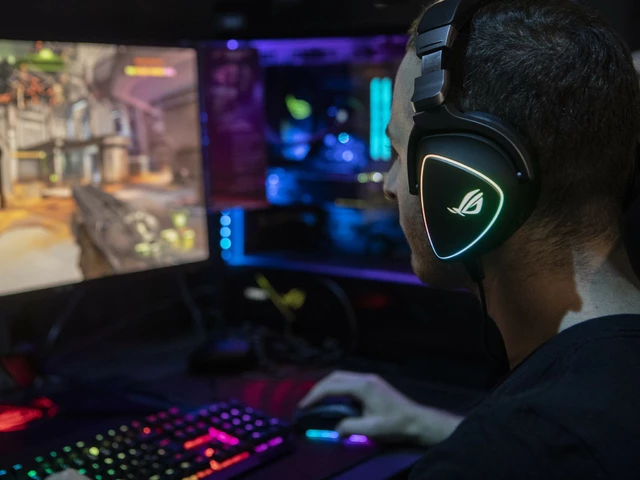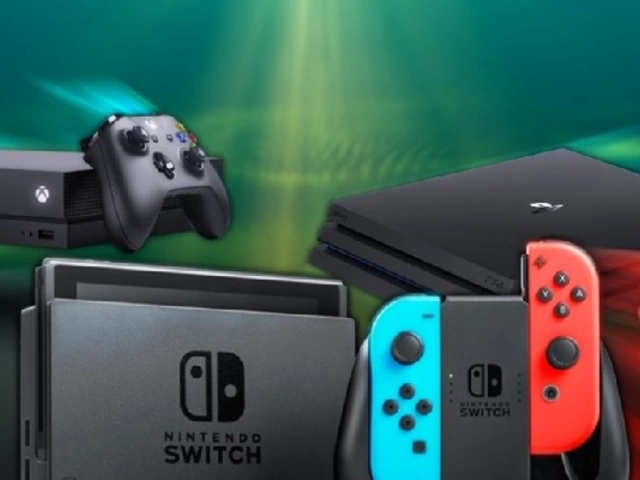High School Gaming Guides – Tips, Hacks & eSports Insights
When talking about High School, the phase where teens juggle classes, sports, and social life. Also known as secondary school, it often becomes the first place many discover a love for gaming.
Why Gaming Matters in High School
For many students, video games, interactive digital experiences ranging from casual puzzles to competitive simulations are the go‑to break activity. They sharpen reflexes, teach strategic thinking, and provide a social hub during lunch or after practice. But without a plan, gaming can clash with homework and tests. That’s where high school gaming meets smart time‑management: set a timer, finish assignments, then reward yourself with a quick match.
One title that still pops up in hallways is FIFA 17, EA’s 2016 football game known for its realistic physics and skill‑based tricks. Even years after release, its skill moves and set‑piece tactics keep students debating the best midfield formation. Mastering FIFA 17 gives you a bragging right in PE class debates and can even translate to better understanding of real‑world soccer strategies.
Learning gaming hacks, legal shortcuts and strategy tweaks that improve performance without breaking rules can give you an edge in after‑school tournaments. Hacks aren’t about cheating; they’re about optimizing controller settings, using hidden game mechanics, and practicing drill routines. A well‑timed skill move or a perfectly timed sprint can turn a losing match into a win, boosting confidence for the next math quiz.
Today's eSports, organized competitive gaming that draws crowds and scholarships teams are even forming clubs inside high schools. Schools that support eSports often see higher student engagement, because the activity aligns with tech‑savvy interests. Joining an eSports club teaches teamwork, communication, and even basic event planning when you help organize a school‑wide LAN night.
Balancing all this isn’t magic; it’s a set of habits. First, treat gaming like any other extracurricular: schedule practice sessions, track progress, and review what worked. Second, use free‑to‑play games wisely—they can teach monetization basics without costing a dime, as many students notice in the “How do free online games earn money?” post. Third, stay aware of device health; long gaming marathons can strain eyes and wrists, so regular breaks are a must.
Below you’ll find a collection of articles that dive deeper into each of these areas—whether you want to understand how free games make money, compare PS5 and Nintendo Switch for school budgets, or explore the fastest‑XP Android games for a quick skill boost. These guides are curated for students who want to level up both on the field and in the classroom, so keep reading to see which tips match your schedule and gaming style.

U.S. Schools Ramp Up Personal Finance and Economics Courses Amid Growing Gaps
35 states now require personal-finance classes and 28 mandate economics study, reaching over 10 million students, but college gaps and teaching challenges persist.




